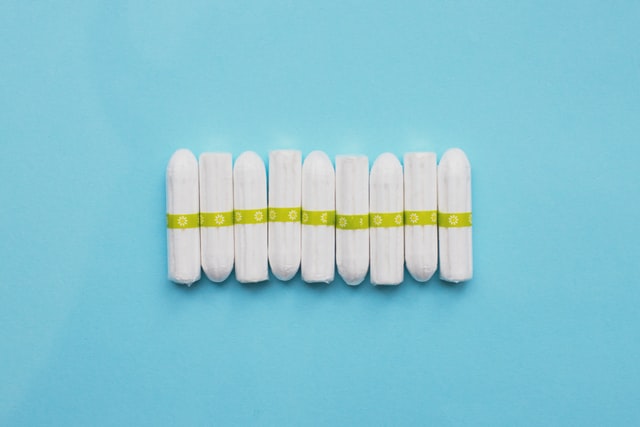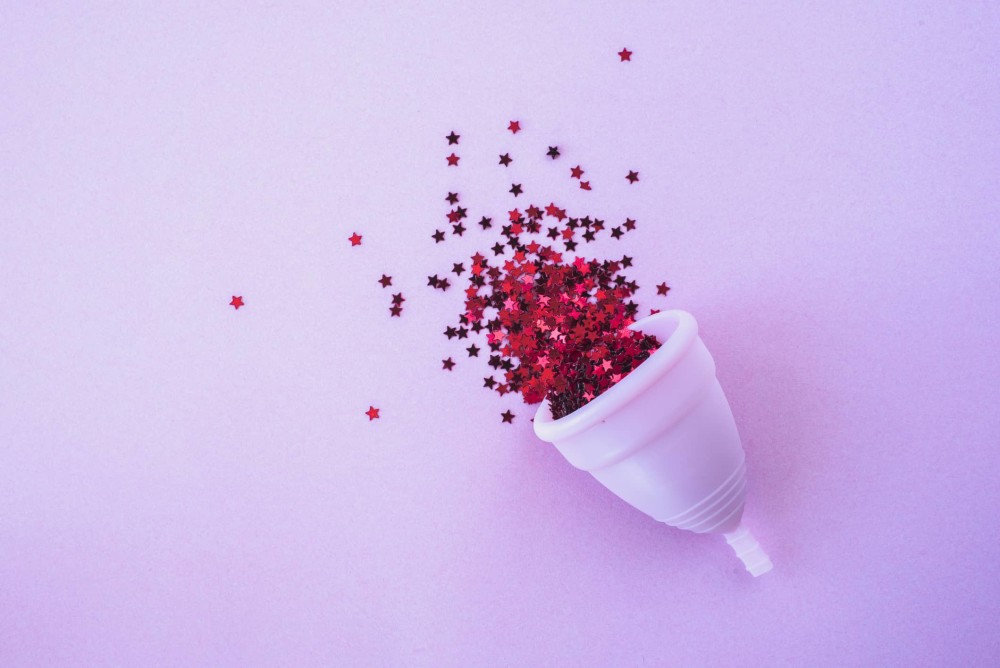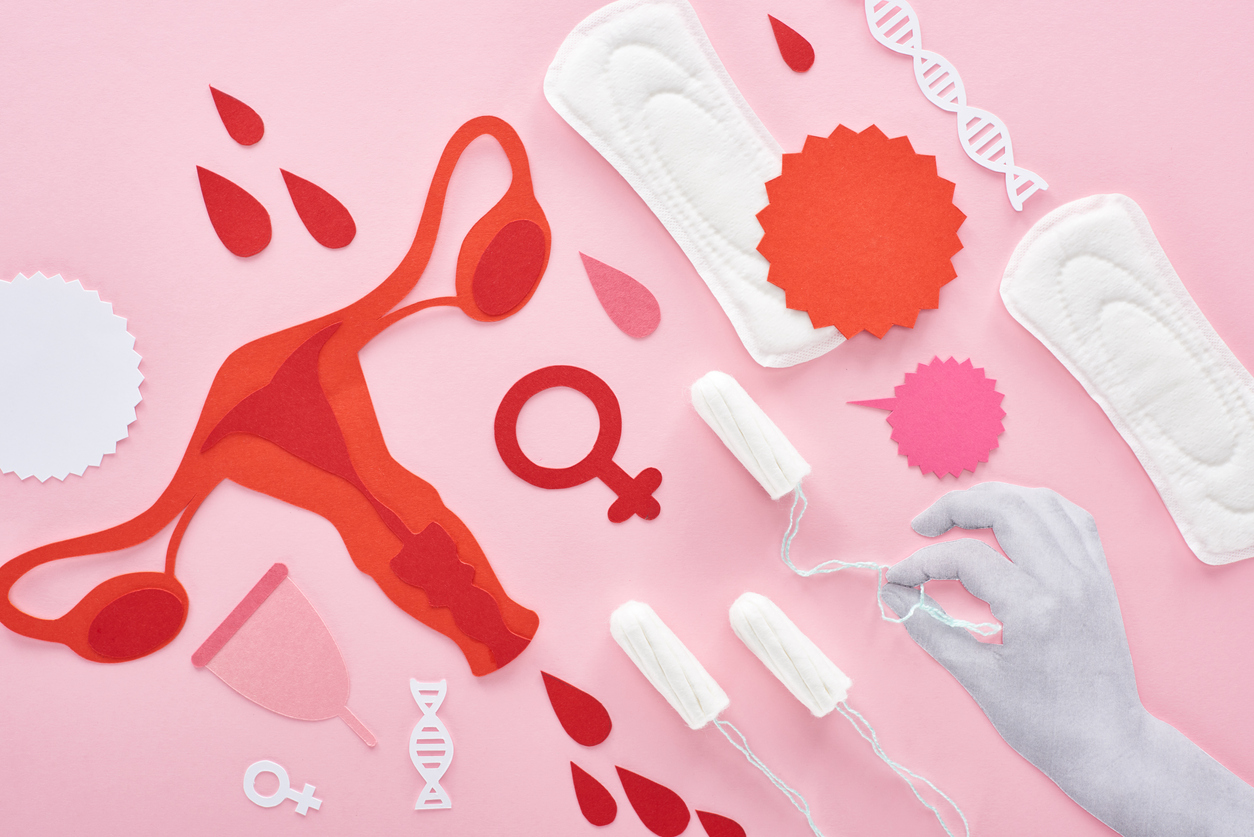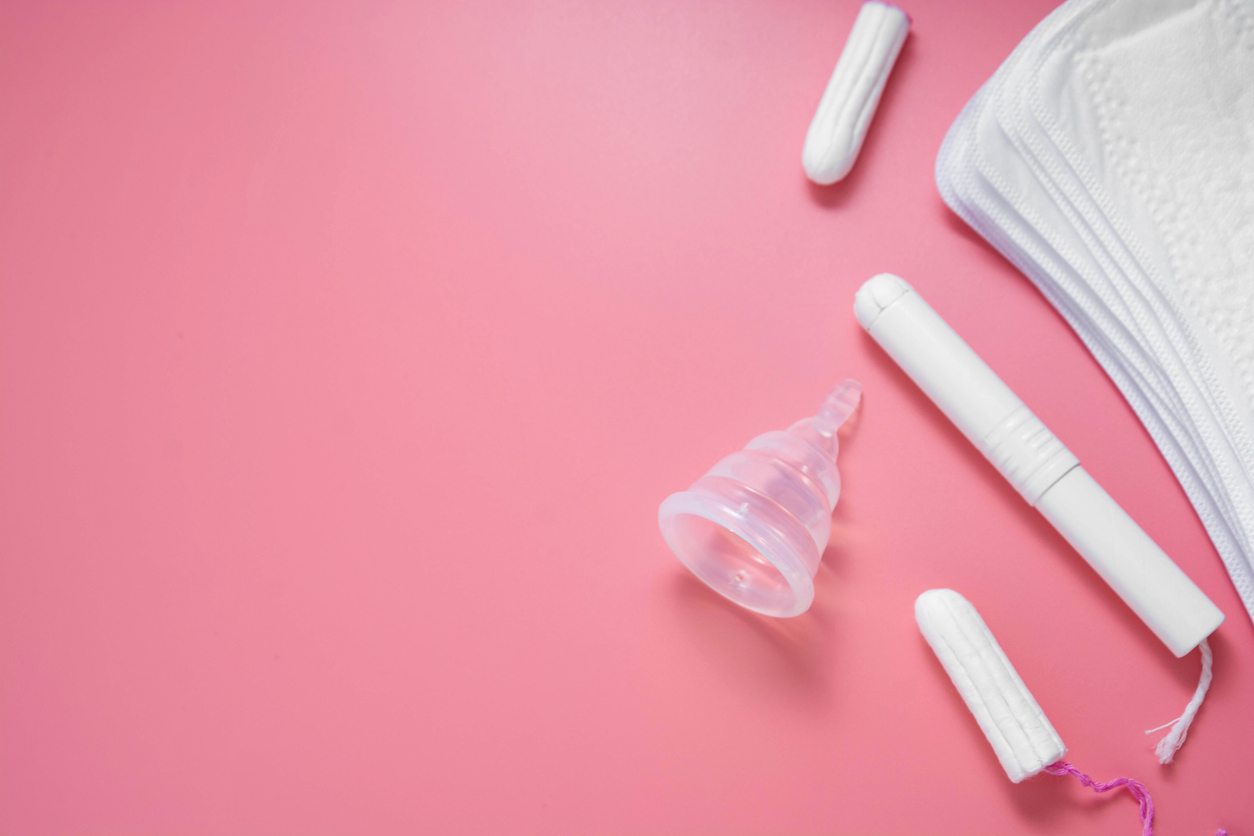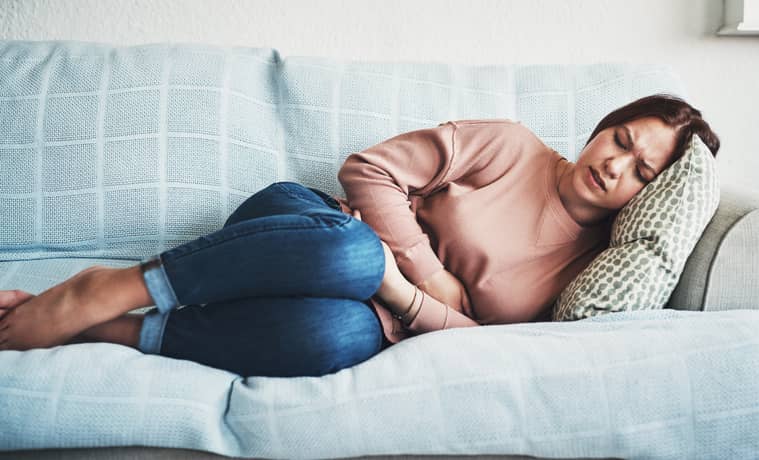For most people with wombs, periods are a fact of life from the age of about 12 until 50 or so. But knowing when your next period is due can be a bit of a mystery.
Tracking your period is an easy and effective way to figure out when your next period will be – and it can help you understand your body and your menstrual cycle, too. So read on to learn more.
What is the menstrual cycle?
Each menstrual cycle lasts roughly a month, beginning on the first day of your period and ending the day before your next period starts. During this time, levels of chemicals called hormones go up and down, as your body prepares for a possible pregnancy.
‘Menstruation’ – or your period – is when the thickened lining of your womb (uterus) is shed through your vagina. What comes out is a mixture of blood, mucus and cells from the womb lining. A period usually lasts for 3 to 7 days.
Around the middle of each cycle – around 10 to 14 days before your next period – ovulation happens, when your ovaries release an egg. This egg lives for about 24 hours, and if it meets sperm from a penis during this time, you can get pregnant.
The average length of the menstrual cycle is 28 days, but everyone’s different. Your cycle is still thought of as ‘regular’ if your period arrives between 24 and 38 days after the first day of your previous period. The length of your cycle can sometimes vary month to month, too.
If you don’t get your period, it could be a sign that you’re pregnant. If you’ve had sex with a person with a penis and you’ve missed your period, it’s a good idea to do a pregnancy test.
How to track your period
To track your period and menstrual cycle, mark the date your period begins in a calendar, diary or period tracking app.
After a few months, you'll know whether your periods are regular. If so, you’ll be able to tell the average length of your cycle.
As well as the day your period starts, you may also want to make a note of:
- premenstrual (PMS) symptoms, such as changes in mood, cramps and bloating
- how heavy (or light) your bleeding is on different days, as well as any changes in colour or texture
- how long your period lasts, so you can see if it’s longer or shorter than normal
It can be useful to record symptoms throughout your cycle, too. In particular, pay attention to any cramping or bleeding that happens when you’re not on your period, as they can be signs of an underlying condition.
You can also track changes in your vaginal discharge to help you tell when you might be fertile – around ovulation, discharge becomes thin and stretchy, a bit like raw egg white.
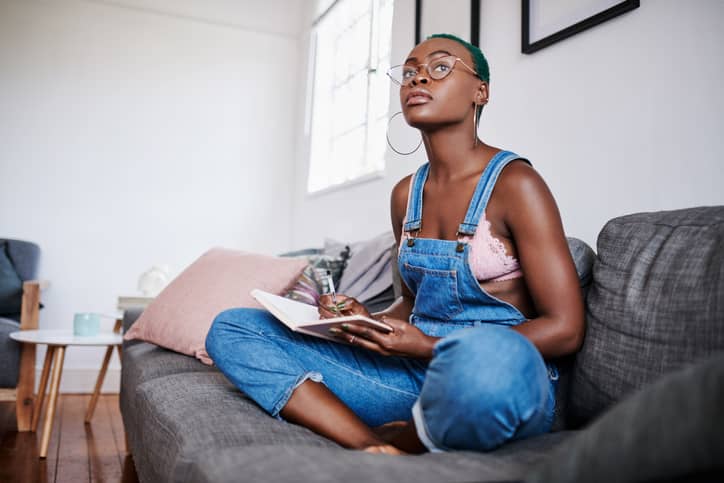
Why should you use a period tracker?
As well as helping you to work out when your next period is likely to arrive, tracking your cycle can give you a better awareness of your body and health.
It can help you to plan ahead – for example, by buying sanitary products such as tampons or pads. And if you’re going on holiday or have another event where you’d rather not have your period, it’s possible to delay your period. You can do this by taking the combined pill or a hormone tablet that may be available from your doctor or pharmacist.
Having an awareness of your cycle can also give you an idea of when you’re ovulating – and therefore most fertile – if you’re trying to get (or avoid getting) pregnant.
Bear in mind, however, that it’s difficult to predict exactly when ovulation happens, particularly if your cycle varies from month to month. This means you should avoid using period and ovulation trackers as your only method of contraception.
Using a period tracker can also be useful if you need to talk to your doctor about any concerns – such as heavy, painful, irregular or absent periods. Having a record of your symptoms will help to give them a clear idea of what’s happening, and when, during your cycle.
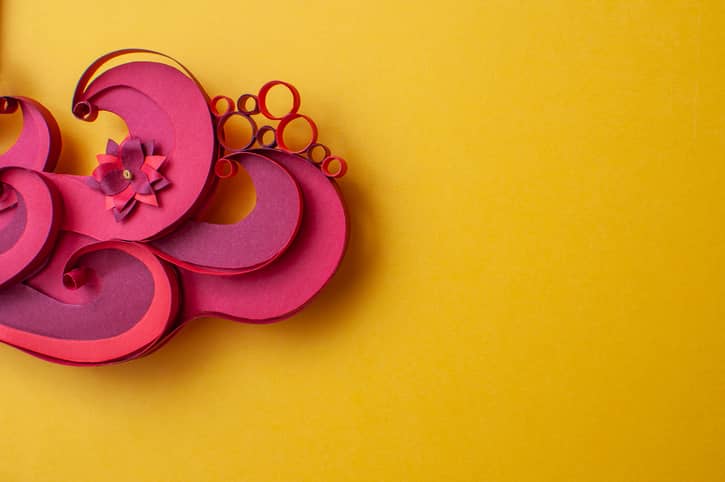
What is the best period tracker app?
There are several useful period tracker apps available, some of which are free to download and allow you to track things such as PMS symptoms, energy and mood levels.
The best period tracker app is the app that works best for you, depending on your personal needs. But the more you use your app, the more it may be able to tell you about your periods, cycle and fertility.

When should you see a doctor?
If you’re having periods that are so heavy or painful that they’re disrupting your life – such as causing you to miss work or school – you should see your doctor to find out what treatments might be helpful.
You should also speak to your doctor if you:
- bleed between periods or after sex – this may be sign of an infection, such as chlamydia, an abornormal cervix or, in rare cases, cancer
- notice any sudden changes, such as your periods becoming heavier, longer or more painful, particularly if you’re over 40
- have been through the menopause and notice bleeding
- notice vaginal discharge that is green, bloody or smells – this can be a sign of infection
Key points
- tracking your period can help you understand your menstrual cycle and your body
- you can use a diary, calendar or an app on your phone
- period and ovulation trackers shouldn’t be used instead of contraception
- speak to your doctor if you get any unusual symptoms during your menstrual cycle


